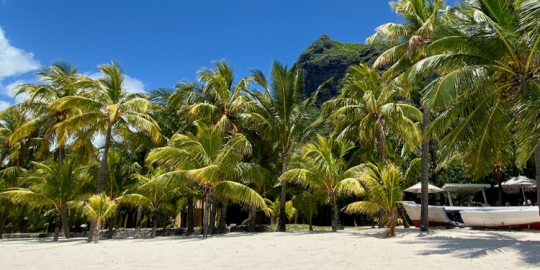Living in Sri Lanka guide for expats
All the information you need to relocate and live in Sri Lanka.
About Sri Lanka
Since 2009, and after 26 years of civil war between the Sinhalese and the Tamil ethnic group, Sri Lanka has been transitioning to a new time of peace, which allows Sri Lanka to showcase its natural beauty and hospitality traits.
The weather can occasionally put a stop to outdoor adventures, with two monsoon seasons, which are often unpredictable and affect opposite sides of the island at different times. Monsoon rains can be treacherous with severe floods to be expected. Sri Lanka's year-round temperature is between 22°C and 27°C.
The Buddhist religion is taken very seriously here, so you are advised to keep any Buddhist-style tattoos covered up and be respectful of religious monuments. There is a social caste system in Sri Lanka, which categorises people based on wealth, gender, and ethnicity. We recommend reading up on the belief system to avoid any legal trouble or causing any religious offence.
Religious festivals are part of everyday life here, with parades of drummers, traditional dances, and elephants often winding through the streets. For the history lovers, Sri Lanka is a playground of ancient cities, tombs, and palaces. Don't miss the opportunity to watch animals in the wild, with elephants, tigers, whales, and many more, in their natural habitat.
Agriculture is the traditional economy in Sri Lanka, with the majority of the population working in the production of rice, sugarcane, tea, and more. Private sector investment is on the rise, and jobs in industries such as I.T. and finance are increasing. The tourism industry is booming, as well as infrastructure, and these may be the most likely areas in which an expat can find employment.
Latest housing offers in Sri Lanka
Latest job offers in Sri Lanka









